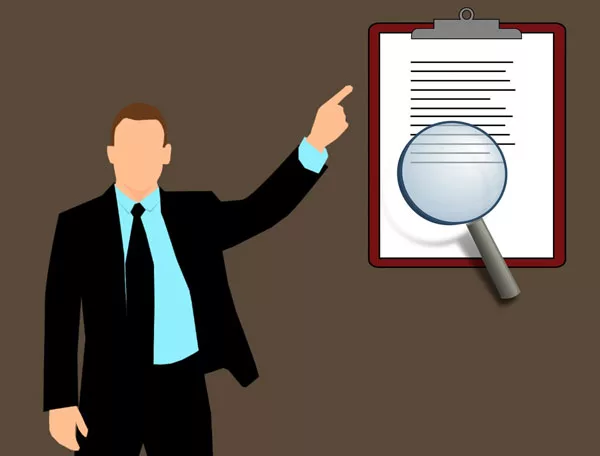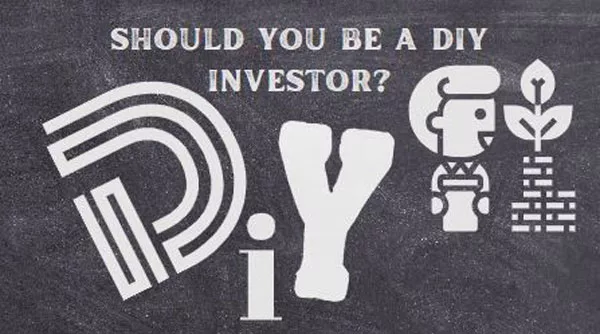Financial Planning and Advisors: Your Ultimate Guide to Securing a Comfortable Retirement
Table of Contents
Introduction
Ahoy, savvy seniors! Welcome to the treasure map of your golden years. Today, we’re setting sail on the high seas of “Financial Planning and Advisors.” So, grab your captain’s hat and your favorite beverage—be it coffee, tea, or something a bit stronger (we’re not here to judge)—and let’s navigate these financial waters together.
Why Financial Planning is Essential for Seniors
Financial planning isn’t just for the young and restless; it’s a lifelong journey. And let’s face it, as you age, your financial landscape starts to look more like a rollercoaster than a serene countryside. You’ve got retirement funds, healthcare costs, and maybe even a grandkid’s college tuition to think about. That’s why having a financial plan is like having a GPS for this crazy journey called life.
Financial Advisors for Seniors: Why You Need One
Think of a financial advisor as your financial therapist. They listen to your money woes, nod sympathetically, and then tell you how to make it all better. Jokes aside, a financial advisor can help you navigate the complexities of investments, tax planning, and estate matters. They’re like the Gandalf guiding your Frodo Baggins through the treacherous realm of finance.
How to Choose the Best Financial Planning and Advisors
Choosing a financial advisor is like dating. You need chemistry, trust, and preferably, no nasty surprises. Look for certifications like CFP (Certified Financial Planner) or CFA (Chartered Financial Analyst). Read reviews, ask for references, and don’t hesitate to play the field before settling down.
Free Financial Planning and Advisors: Is It Worth It?
Free advice is often worth what you pay for it, but not always. Some non-profit organizations offer free financial planning services, especially for seniors. However, remember that you often get what you pay for. If your finances are complex, it might be worth investing in a paid advisor.
Finding a “Financial Planner Near Me”: Tips and Tricks
In the age of Google, finding a local financial advisor is as easy as typing “Financial Planner Near Me” and hitting search. But don’t just go with the first name that pops up. Check their credentials, read reviews, and maybe stalk them a little online (for research purposes, of course).
Do I Need a Financial Planner or Advisor?
Ah, the age-old question. A financial planner helps you create a financial plan (duh!), while an advisor offers more comprehensive services like investment management. Think of it as the difference between a cook and a chef. Both can feed you, but one can make it a culinary experience.
Financial Advisor: What to Expect
Expect to bare your financial soul. A good advisor will want to know everything—your assets, debts, and how many times you eat out per week. They’ll tailor their advice to fit your lifestyle, whether you’re a frugal Freddie or a spendy Sally.
Conclusion
Financial planning and advisors aren’t just for the young or the wealthy; they’re for anyone who wants to take control of their financial future. So, what are you waiting for? Book that consultation and take the first step towards financial freedom.
Frequently Asked Questions
What’s the difference between a financial planner and a financial advisor?
A financial planner focuses on creating a financial plan, while an advisor offers a broader range of services, including investment management.
How do I choose the right financial advisor for my retirement planning?
Evaluate credentials, experience, and fees. Opt for a Certified Financial Planner (CFP) specializing in retirement. Ensure they’re a fiduciary, putting your interests first.
What’s the Difference Between Financial Planning and Financial Advising?
Ah, the age-old question! Think of financial planning as the blueprint of your financial house, while a financial advisor is the architect who helps you build it. You need both to create a sturdy, comfortable living space for your retirement years.
How Do I Choose the Right Financial Advisor?
Great question! Look for someone with credentials, experience, and a personality that meshes with yours. After all, you wouldn’t go on a road trip with someone who makes you want to jump out of the car, would you?
Are Free Financial Planning Services Worth It?
Free is always tempting, isn’t it? But remember, you often get what you pay for. Free services can offer basic guidance, but for a tailored plan, it’s often worth investing in a paid advisor.
What Questions Should I Ask a Potential Financial Advisor?
Ah, the interview stage! Ask about their experience with seniors, their fee structure, and their investment philosophy. It’s like dating but for your wallet.
Do I Really Need a Financial Advisor, or Can I Go It Alone?
You can absolutely go it alone if you’re financially savvy. But even the best sailors sometimes need a co-captain. An advisor can offer a second opinion and might see financial opportunities or pitfalls you’ve missed.
How Often Should I Meet with My Financial Advisor?
At least once a year for a financial check-up. Think of it as your annual “wallet wellness” visit. More frequent meetings may be necessary during significant life changes.
What’s the Deal with Robo-Advisors?
Ah, the robots! They’re not just for vacuuming your house anymore. Robo-advisors can be a cost-effective way to manage your investments, but they lack the personal touch. Good for basics, but maybe not for the complexities of senior financial planning.
Can Financial Advisors Help with Estate Planning?
Absolutely, many financial advisors are well-versed in estate planning. They can guide you through the labyrinth of wills, trusts, and all those fun legal terms that sound like they’re from a medieval drama.
How Do Financial Advisors Charge for Their Services?
Fees can be hourly, flat, or based on a percentage of your assets. Make sure to ask upfront so you’re not surprised later. Nobody likes a surprise bill, especially not in retirement!
How do I know if a financial advisor is trustworthy?
Look for certifications, read reviews, and trust your gut. If something feels off, it probably is.
Can I do my own financial planning?
Absolutely, but a financial advisor can offer expert insights that DIY internet research can’t provide.




